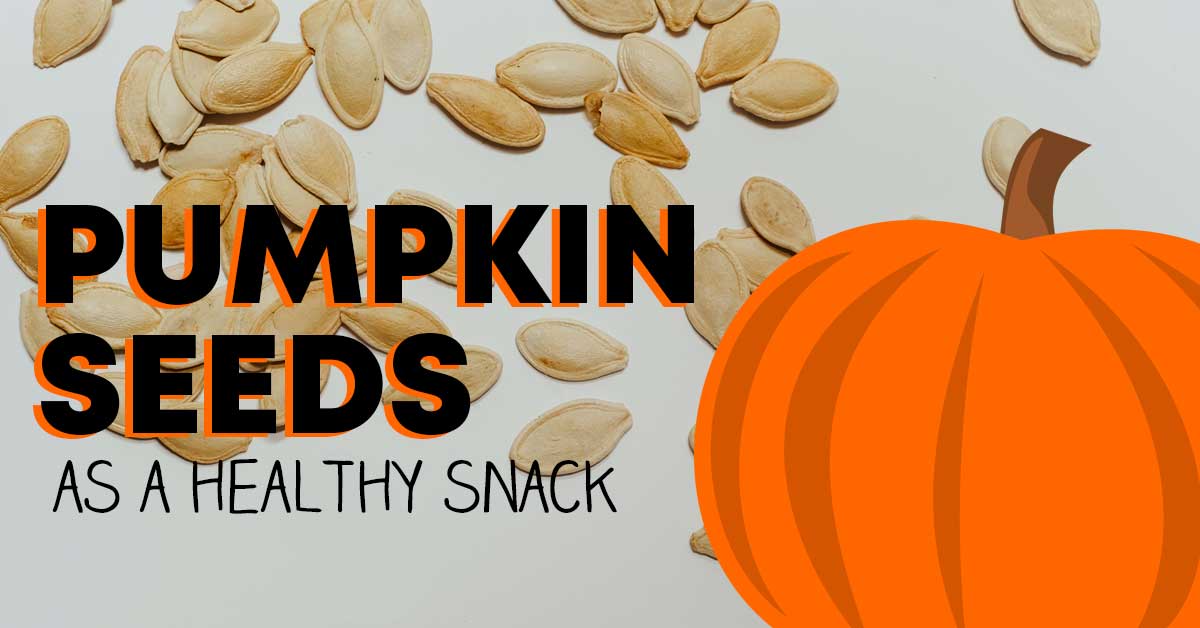Halloween is behind us, but pumpkin can still play a role in your Thanksgiving meal – and the seeds can make for great snacks. You may not have realized it when you last carved out a Jack O’lantern, but those seeds are worth keeping around to snack on!
Generally speaking, seeds make for a great source of potassium, magnesium, and calcium as well as antioxidants in the case of plant-based seeds like pumpkins.
You will not even need to cook these seeds into a larger dish – either raw or roasted pumpkin seeds can deliver the benefits of a heart-healthy snack on their own. And if you do not have any on hand from a fresh pumpkin you can still find the seeds sold at your local grocery store.
What is the Nutrition Breakdown?
A 1-ounce serving of pumpkin seeds provides a fair amount of daily recommended value for some crucial nutrition groups:
Vitamin K: 18% of the daily value
Phosphorus: 33%
Manganese: 42%
Magnesium: 37%
Iron: 23%
Zinc: 14%
Copper: 19%
Additionally, they are a source of fiber, carbs, fat and, protein. One serving of pumpkin seeds contains 7 grams of protein, which is enough to rival the amounts in some “protein bars” sold in stores.
A crucial aspect to pay attention to when buying pumpkin seeds: do they have shells? Pumpkin seeds without shells have lower sodium and fiber. With shells, fiber is greatly increased, but so is sodium. Factor this into your decision when selecting the best type of pumpkin seed for you.
Bone Health
It is estimated that 79% of US adults are not consuming enough magnesium, which is crucial in bone formation and density. While other aspects, like calcium, play a role in bone health, an increase in magnesium intake can no doubt help your bones.
Magnesium also aids in regulating other aspects of your body, such as blood pressure and blood sugar. An adequate intake of magnesium has also been linked to a reduction in heart disease risk.
Heart Health
Not only because of their magnesium, but for a variety of other reasons, pumpkin seeds are heart-healthy. The presence of omega-3 and omega-6 fatty acids, as well as the antioxidants found in plant seeds, can aid both your heart and your liver.
High cholesterol is a main contributing factor to cardiovascular disease. However, the fiber, sterols, and omega-3 fatty acids found in pumpkin seeds make a powerful combination to reduce the total amount of cholesterol in your blood.
How do I Prepare My Pumpkin Seeds to Eat?
Sure, you can eat your pumpkin seeds raw, but most people prefer them roasted. Doing so is actually quite easy, or you simply buy them pre-roasted (in that case, watch for added salt).
Before roasting clean and dry the pumpkin seeds of any pumpkin “gobs.” Cover them in olive oil and add any healthy seasoning if you prefer, then bake them at 250 degrees.


